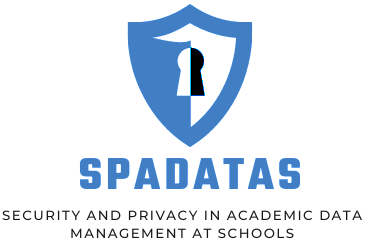Context of practice
Type of context: face-to-face teaching
Type of teaching: Degree.
Year: Fourth year
Problem and objectives
The aim is to record student feedback in order to detect points of improvement in the curriculum, but the surveys that are carried out are designed by subject, not with a global vision of the curriculum. The aim is for the answers to be completely anonymous, but not for anyone to be able to answer, only the students
Tools and resources
The Google “forms” tool, which allows answers to be saved in the cloud, could be used.
Description of practice
A form would be designed to address questions that the teaching staff already have in mind, and sections would be added to allow individual students to express their views on other aspects (e.g. subject ranking). The questionnaire would be configured so that only members of the university community belonging to a specific distribution list (the one containing the students’ e-mail addresses) would be able to fill in the questionnaire, so that all responses would be from the population of interest.
Expected results
Knowing the students’ feedback will help to assess from the point of view of both faculty and students what changes would be most beneficial for the next curriculum renewals.
Strengths or advantages
The greatest strength is that final year students already have more background and capacity for reflection than in previous years, as well as less fear of “possible consequences” for expressing their opinion, so the information acquired would be reliable. Also, as the answers are anonymous, they would all be considered without any possible influence of who may have answered them, thus eliminating the bias of prejudice. On a technical level, the use of a platform such as Google forms allows the responses to be automatically analysed with numerical characters (e.g. scale 1-5), which saves time later on
Risks or weaknesses
The greatest risks or disadvantages would derive from the use of Google Forms itself because: It relies on software external to the university’s IT service, so it depends on external developers and support. There may be some kind of unconscious transfer of data to third parties (Google) if the conditions and configuration are not properly reviewed. Additionally: It would be advisable to reserve a computer room to favour the response of groups that do not have personal devices, which can lead to organisational problems in a faculty
Need for support
Perhaps a better approach would be to consider the possibility of creating a small application on a university server, to which students could connect from within the intranet to reply, and thus avoid the potential problems arising from interaction with Google. In this case, support or advice from IT services would be necessary.


